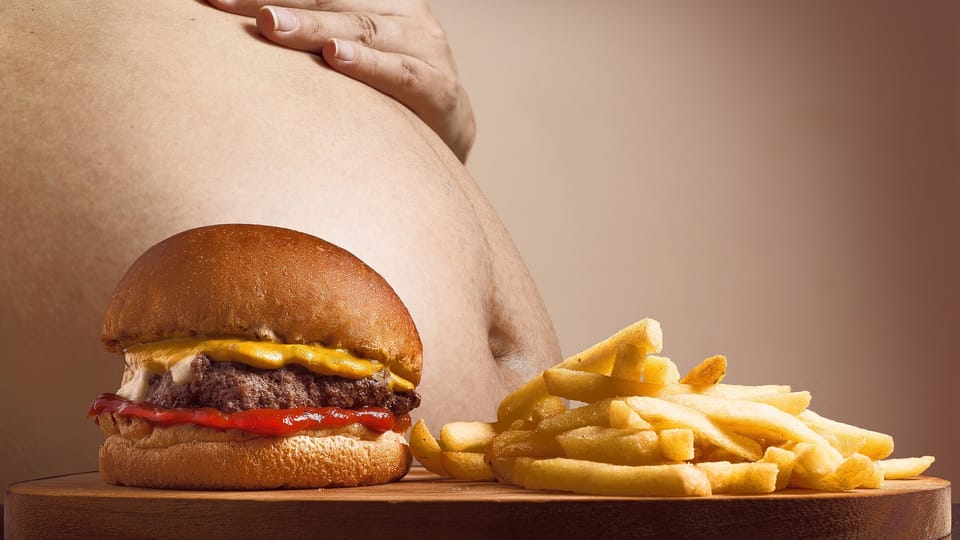
A new study from the FOOD Barometer survey commissioned by the Czech Chamber of Commerce sheds light on how Czechs eat on a daily basis. The study revealed that Czechs are much less guided by the nutritional value of foods, and that while awareness of the importance of healthy eating is improving – the country still drags behind the European average, and Czechs often wait to change their diet only upon advice from medical experts. To discuss the results, I spoke with Prague based nutritionist, Valerija Gerfanova.
There’s a famous Czech expression about eating habits and nutrition in the country: breakfast like a king, lunch like a prince, dine like a peasant. What do you think of this saying?
“From the perspective of a nutritionist, the underlying concept here emphasizes the importance of fuelling the body when it’s most active, and reducing consumption when it’s less so. But it’s crucial to note that individual needs vary from person to person – some people might thrive on a heavy breakfast, while others do not feel hungry early in the day. In this case, it should be really personalized and dependent on each person’s lifestyle, on the work or type of work each person does. Some people may not need to eat three times a day always.”
This study also points to affordability as a barrier for Czechs to purchase nutritious food. Have you seen this in your practice?
“Yes, in many parts of the world and including the Czech Republic, there is a genuine concern that healthier foods are more expensive than processed or fast foods. For many people it’s a huge barrier to choosing nutritious foods. The word ‘bio’ or organic does not mean healthier food. We should look at the amount of nutrients in each food, and in my practice the complex issues like agriculture policy, socio-economic factors, access to fresh food markets, all of these are related to people’s consumption of quality, nutritious foods. It’s not about the price, it’s about people’s knowledge of quality, healthy foods.”
See the rest here.
Author: Amelia Mola-Schmidt

